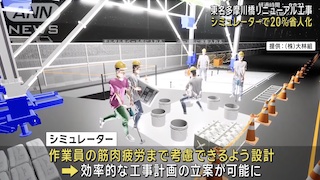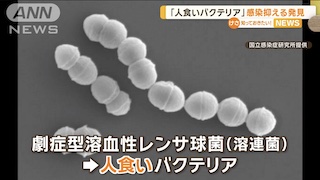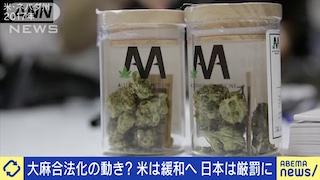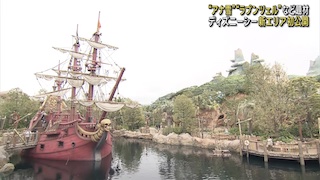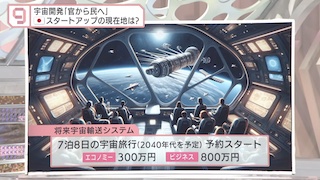Aug 16 (sciencealert.com) - Rubble retrieved from an asteroid in near-Earth solar orbit could be the most 'pristine' sample of cosmic rock we've had our primate paws on yet.
According to a new, in-depth analysis of the material delivered to Earth from the asteroid Ryugu, the samples of rocks and dust are among the most uncontaminated Solar System materials we've ever had the opportunity to study – and their composition suggests that they incorporate chemistry from the outer reaches of the system.
This not only gives us a unique tool for understanding the Solar System and its formation, it gives us new context in which to interpret other space rocks that have been contaminated by coming into contact with Earth.
"Ryugu particles," wrote a team led by cosmochemist Motoo Ito of the Japan Agency for Marine-Earth Science Technology (JAMSTEC) in Japan, "are the most uncontaminated and unfractionated extraterrestrial materials studied so far, and provide the best available match to the bulk Solar System composition."
It has been around 4.6 billion years since the Sun formed, and the Solar System around it. Obviously that's a very long time, and a lot of things have changed since then; but we do have time capsules that allow us to study the chemistry of the early Solar System in order to understand how it all came together. These are chunks of rock, such as comets and asteroids, that have been drifting about in space more or less unchanged since they formed. ...continue reading



